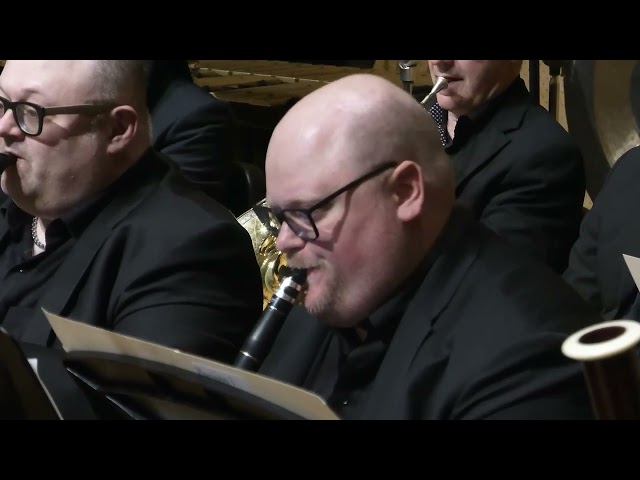Gia Đình (Oswald Huỳnh)
Oswald Huỳnh
view composer page

Duration:
11-15 minutes
13:00
Year Written:
2021
Instrumentation:
2 flutes (2nd doubling piccolo),2 oboes (2nd doubling English horn),2 clarinets (2nd doubling bass clarinet),2 bassoons (2nd doubling contrabassoon),4 horns,2 trumpets,2 trombones,bass trombone,tuba,3 percussion,piano (doubling celesta),harp,string orchestra
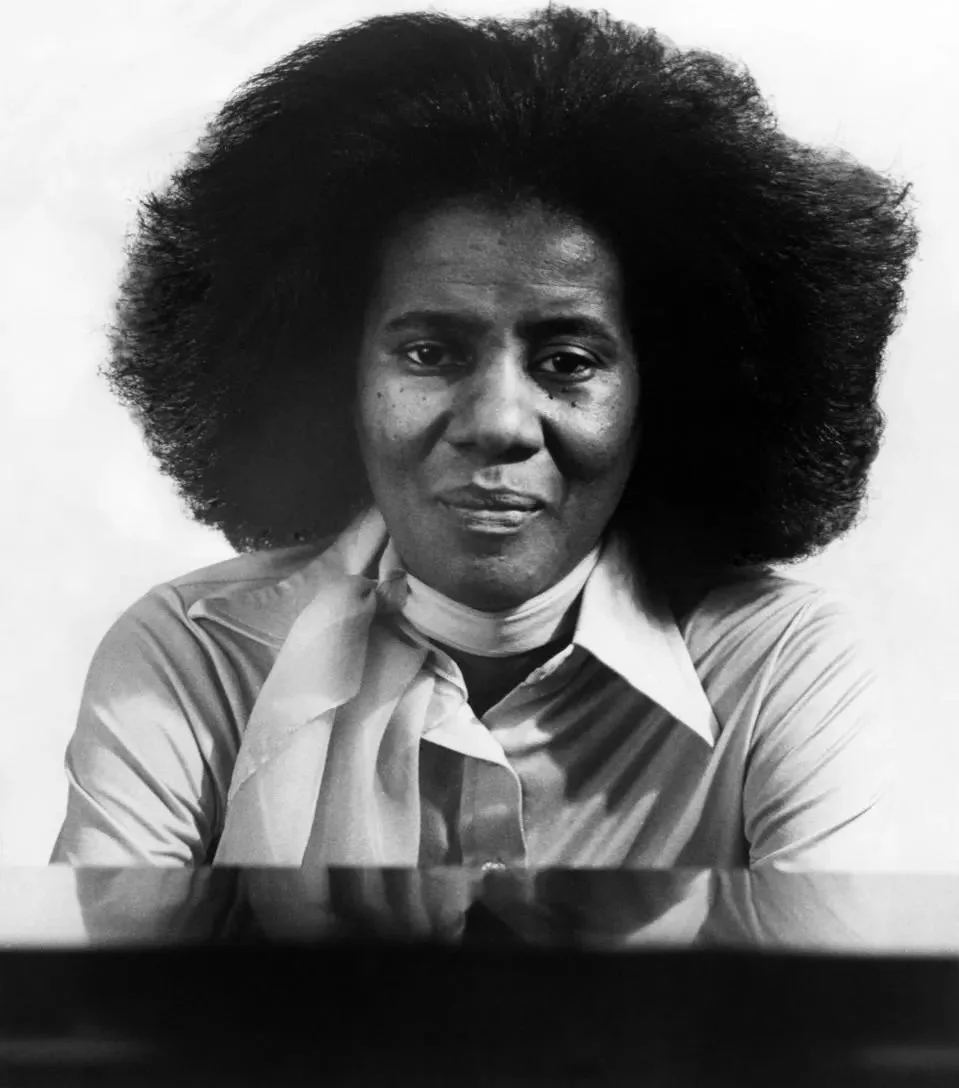
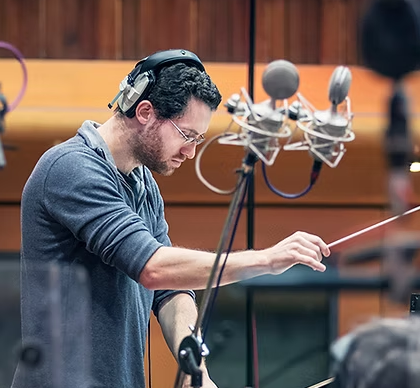

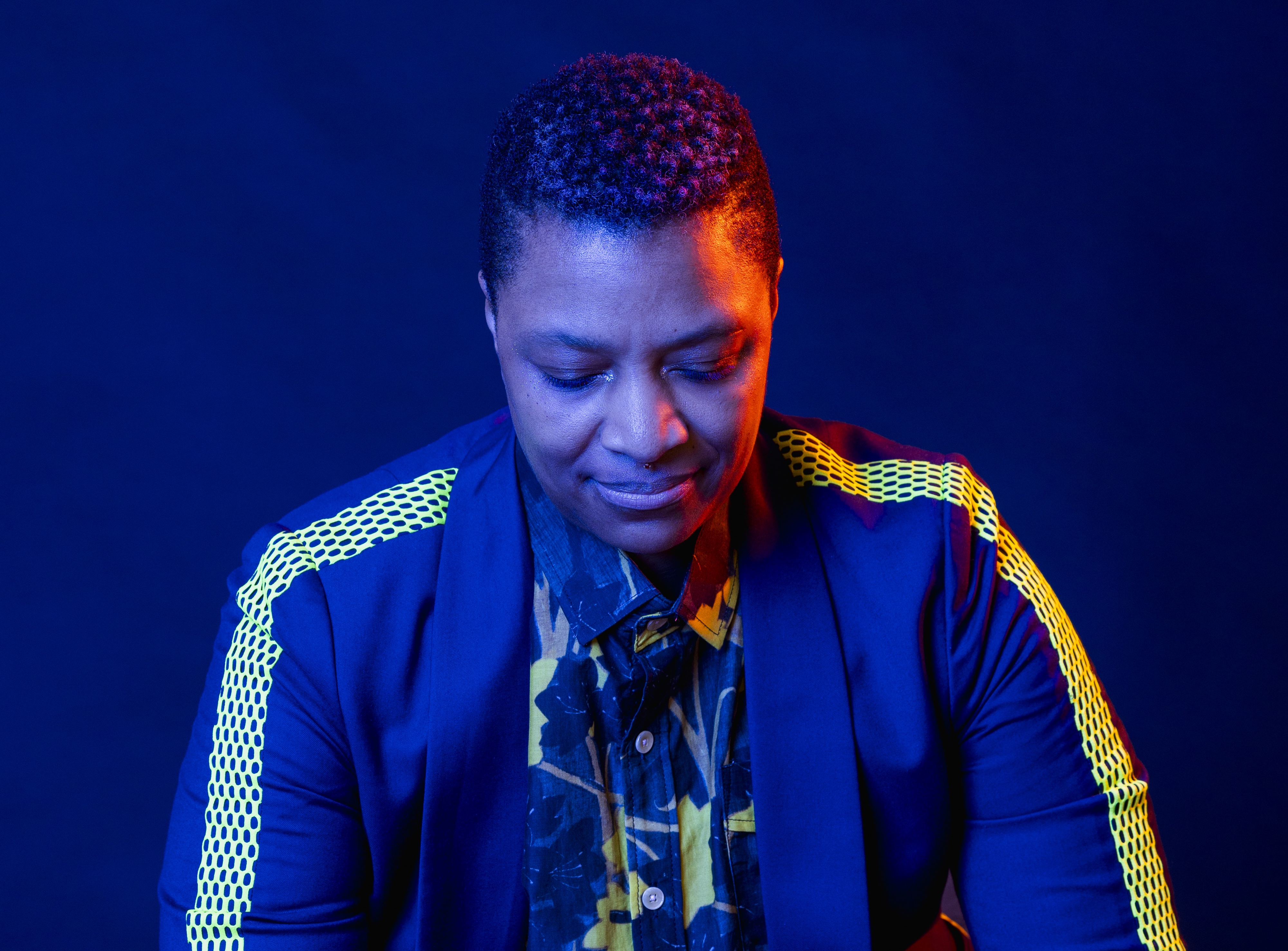
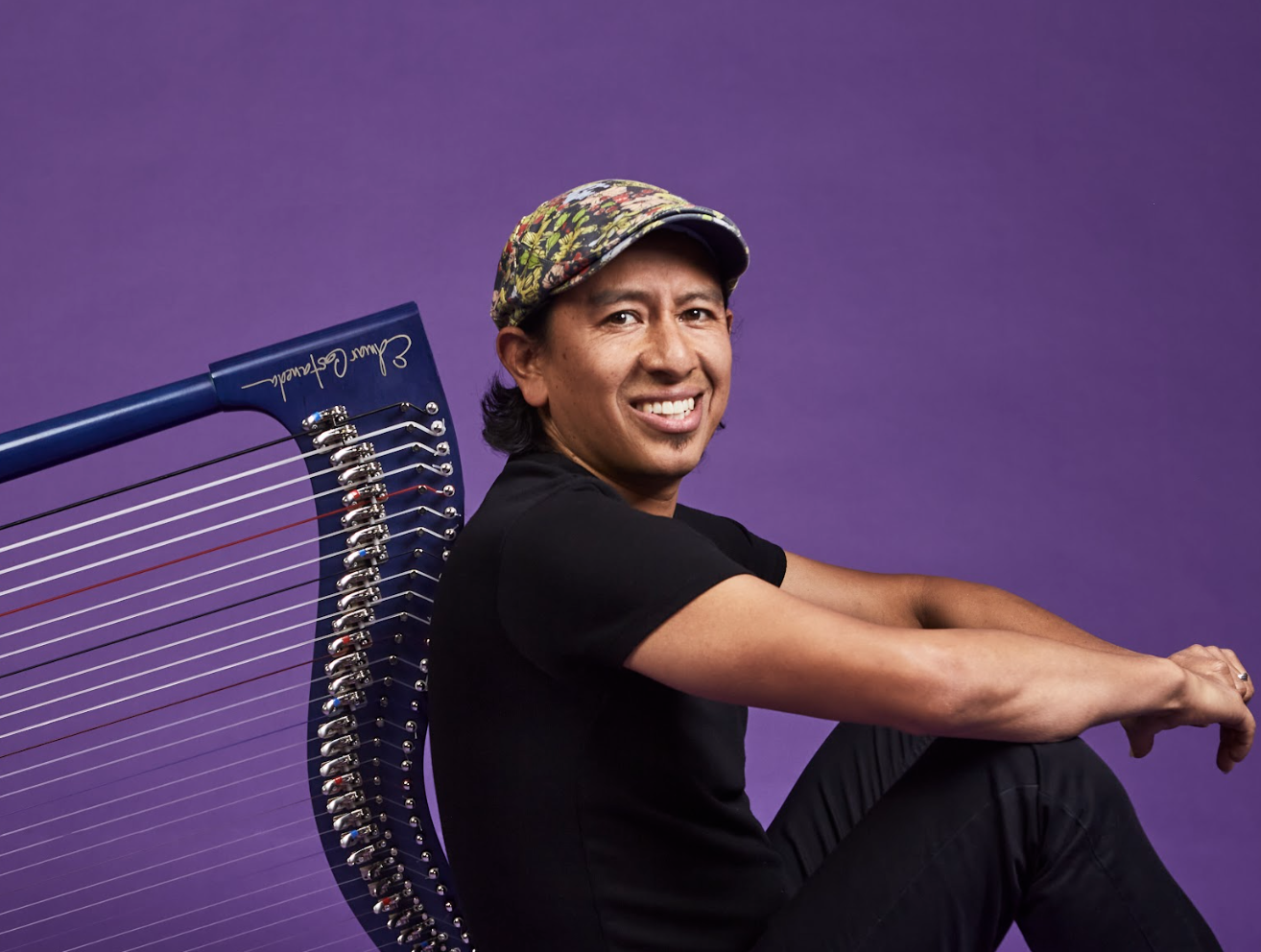













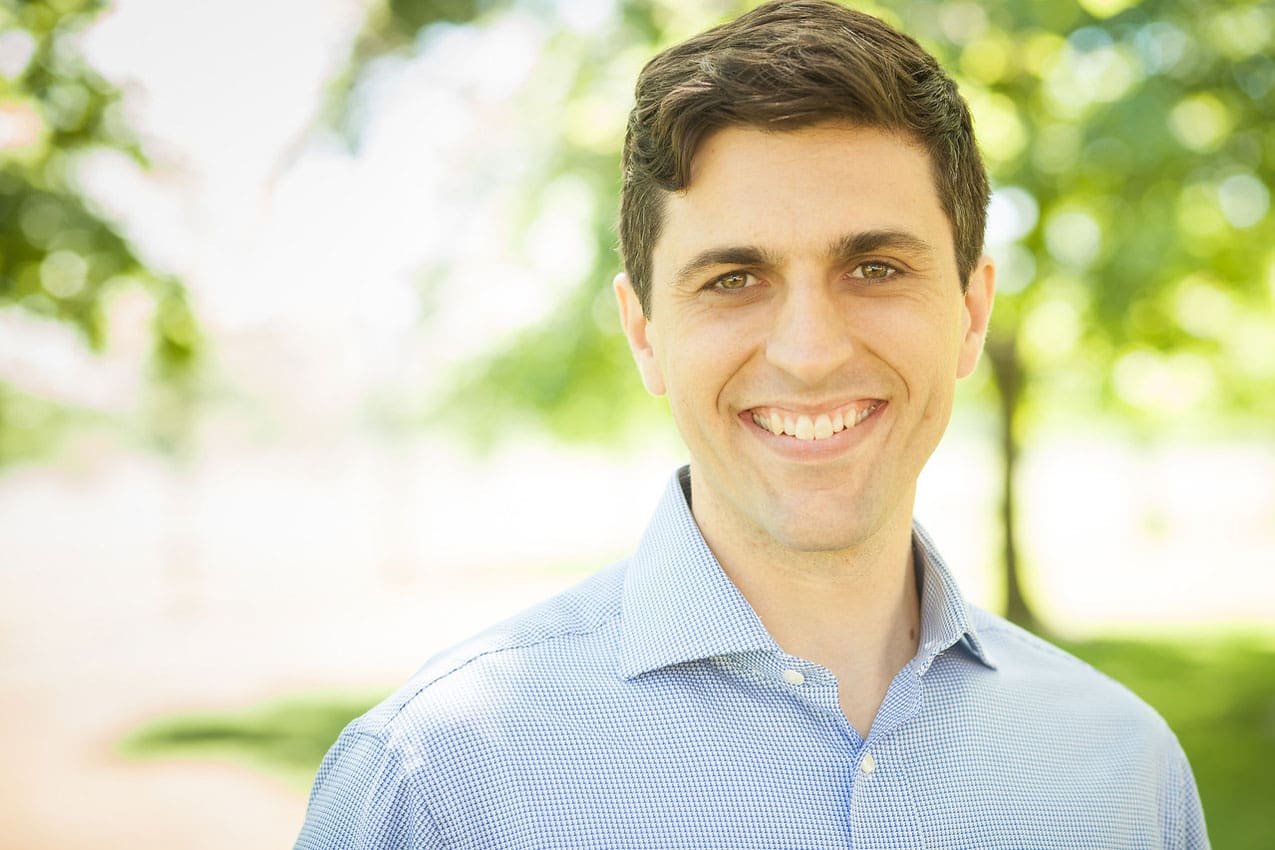



































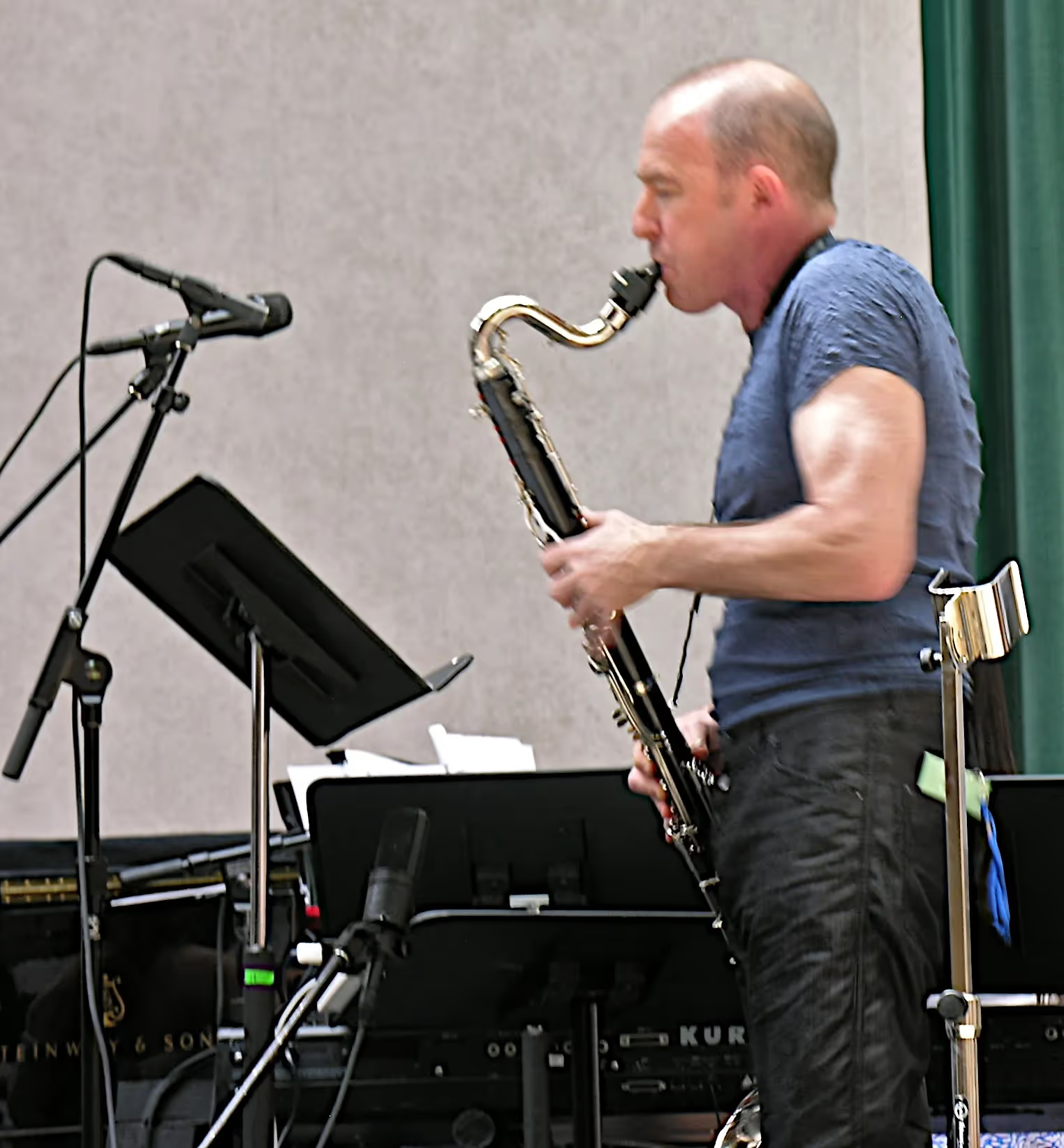
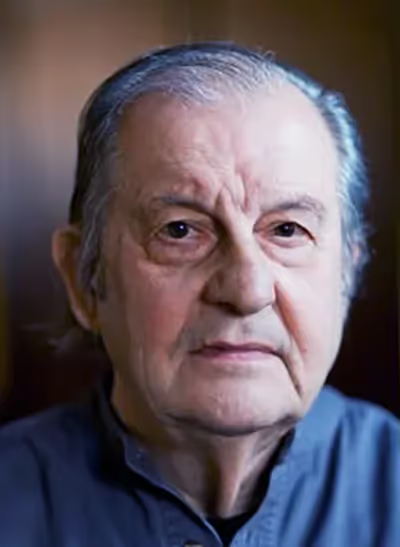

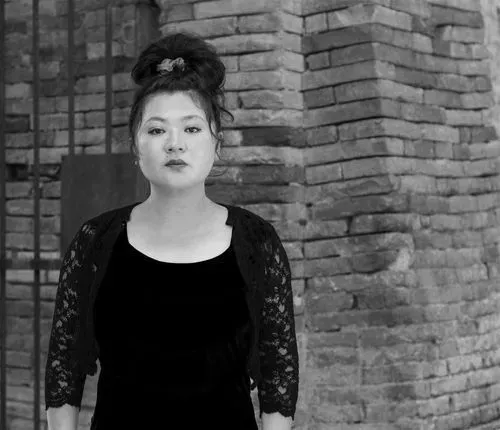

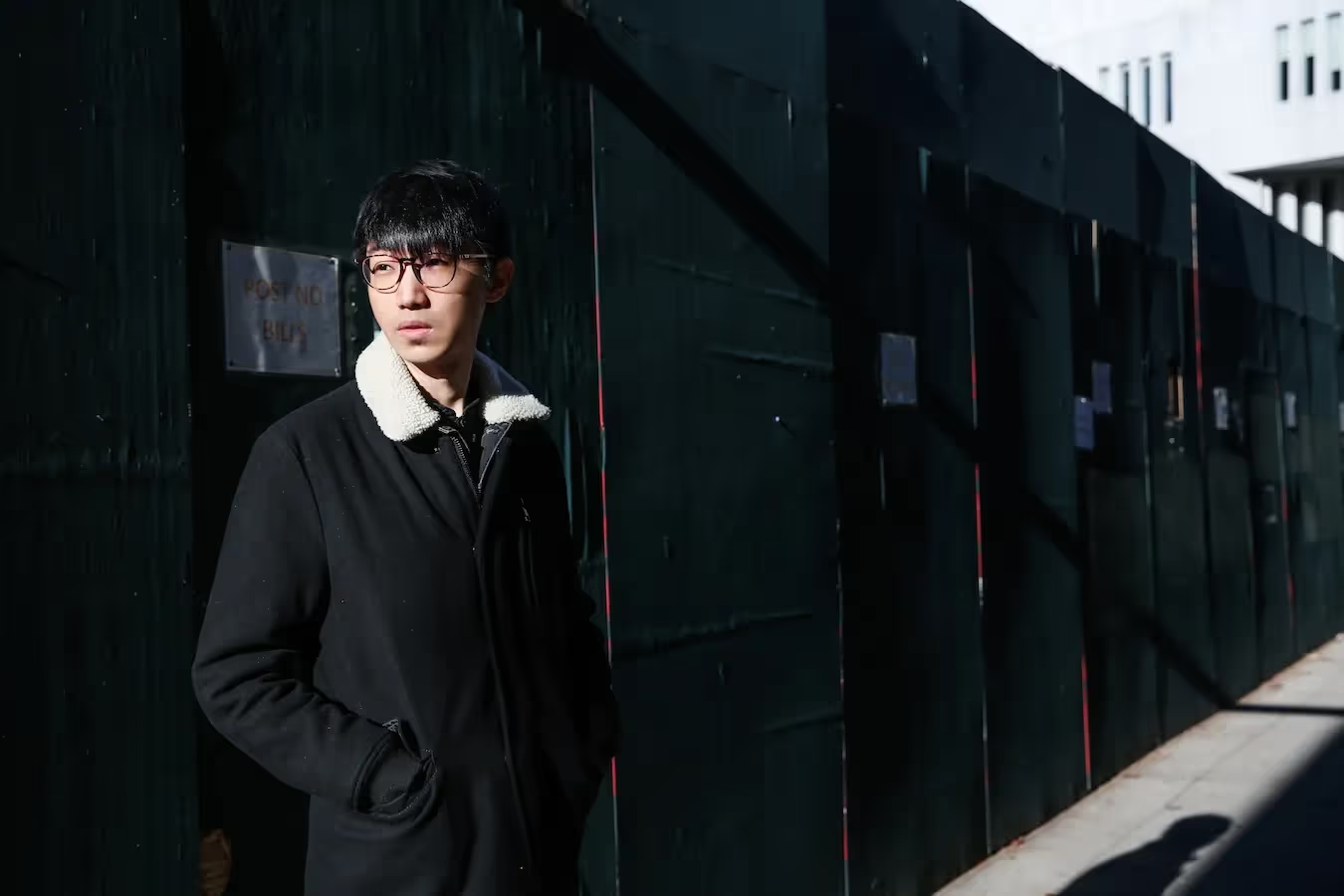
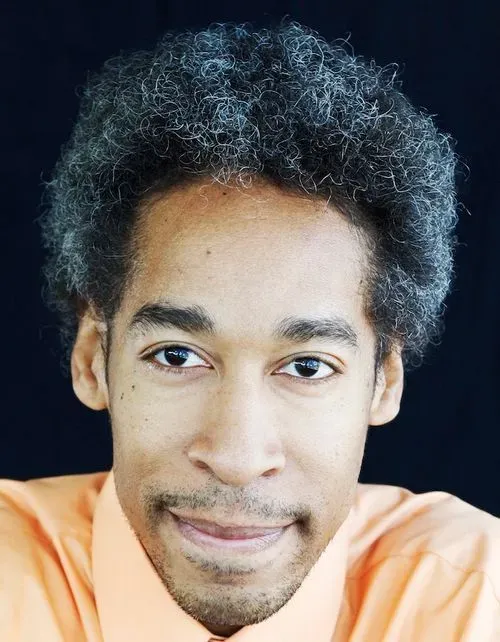



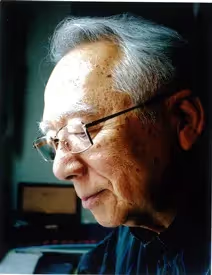



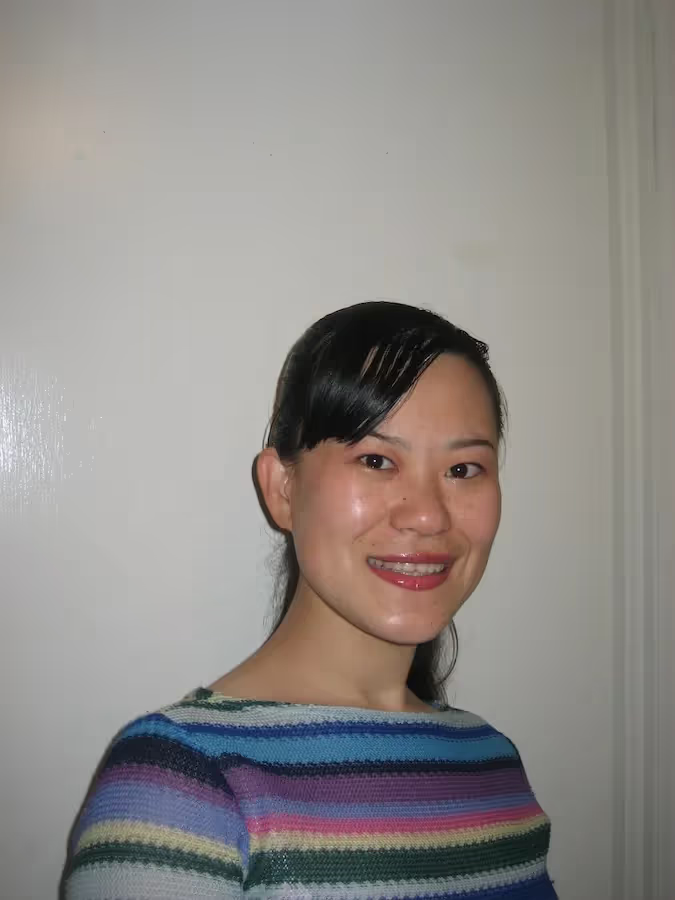
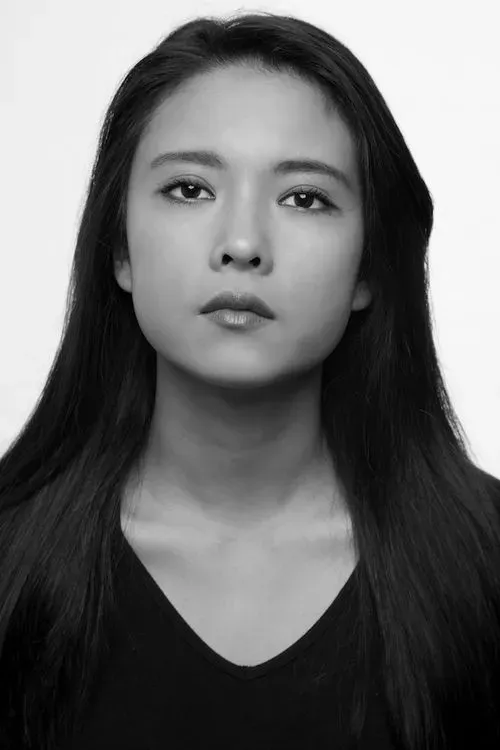
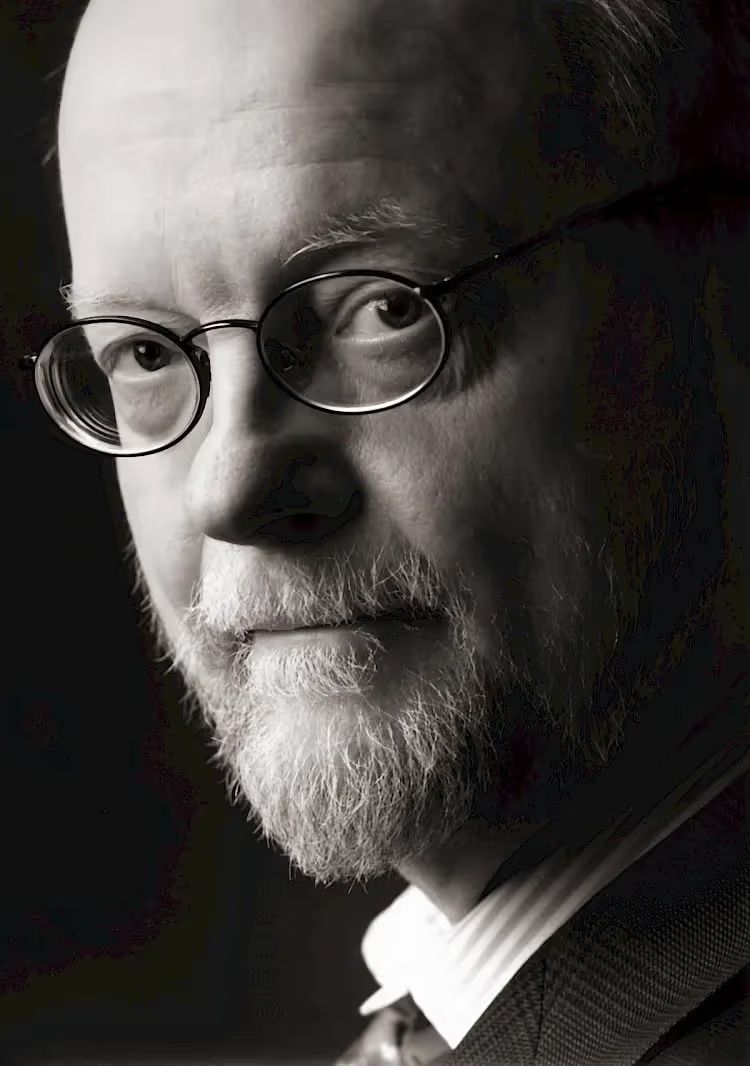
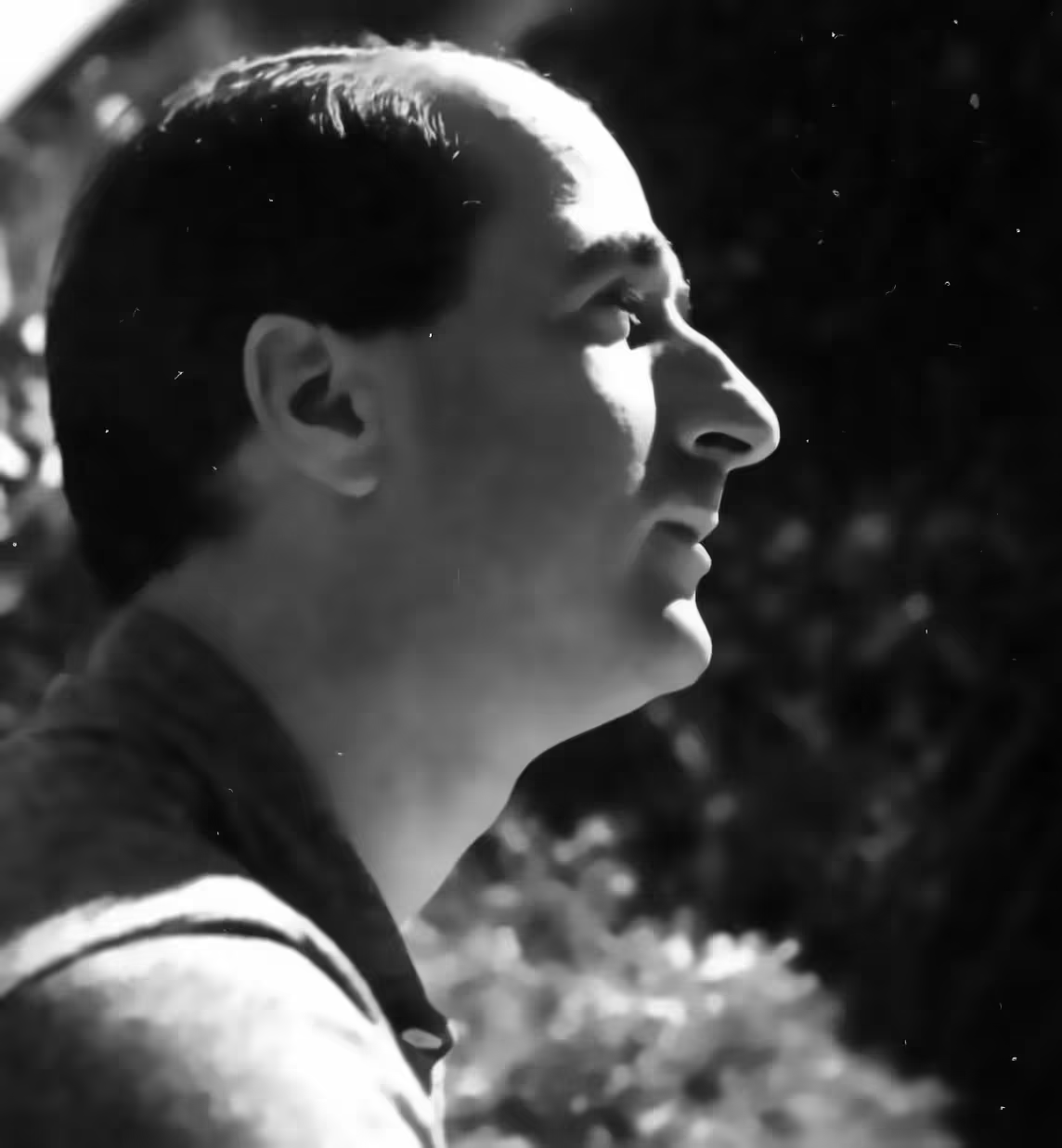
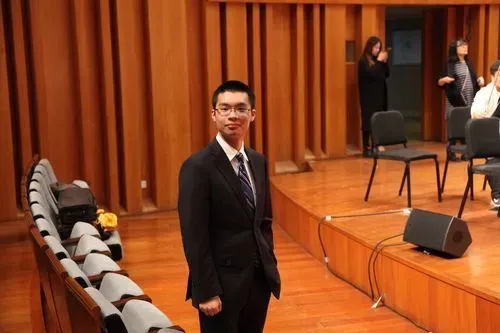
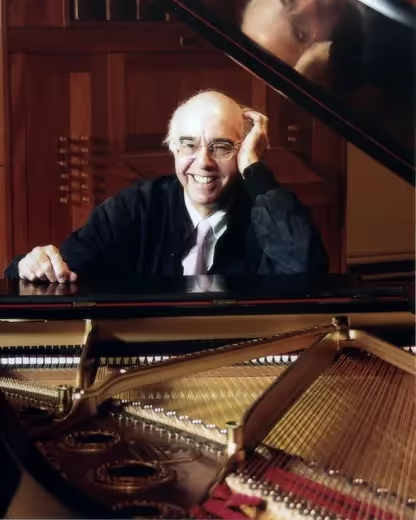
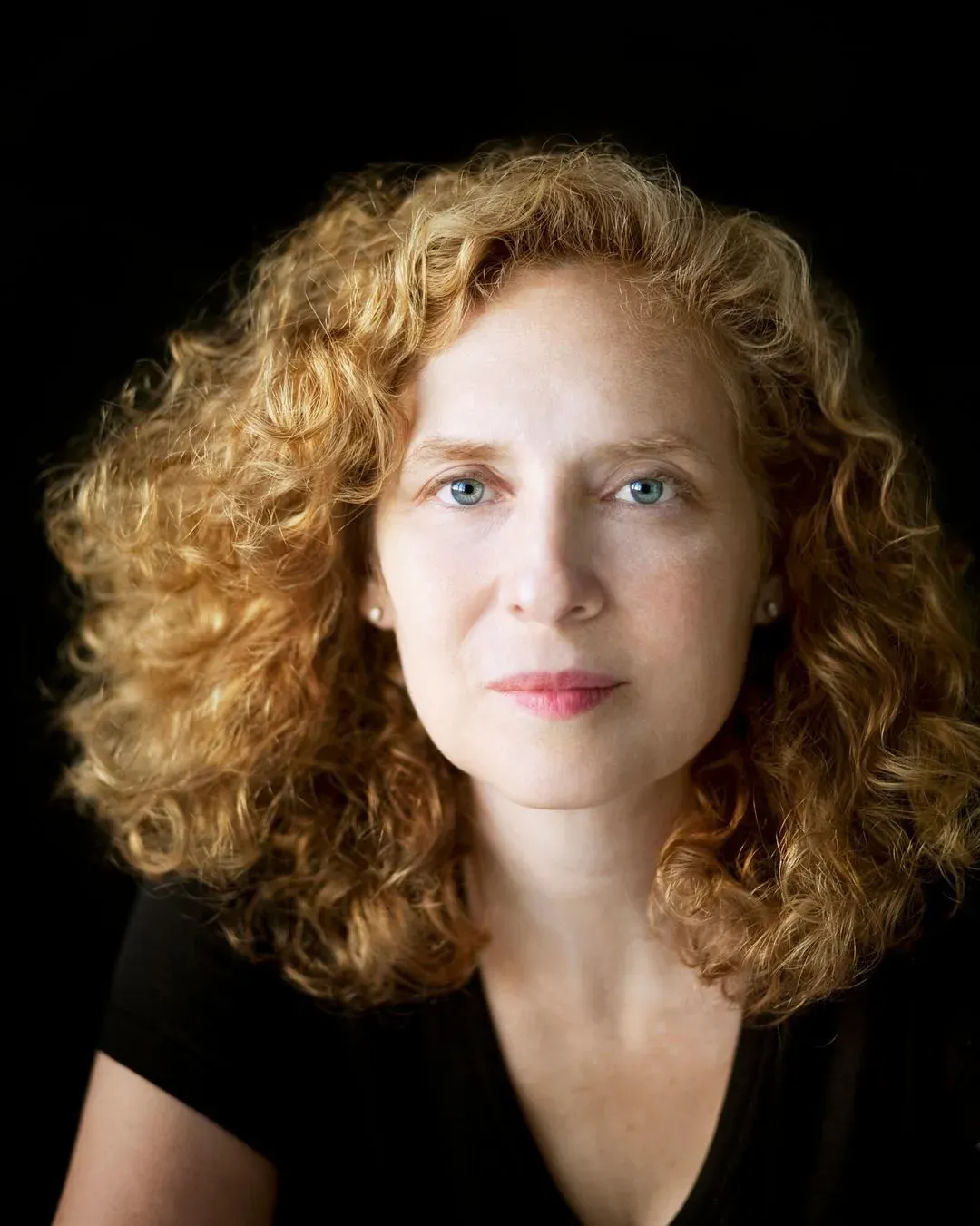
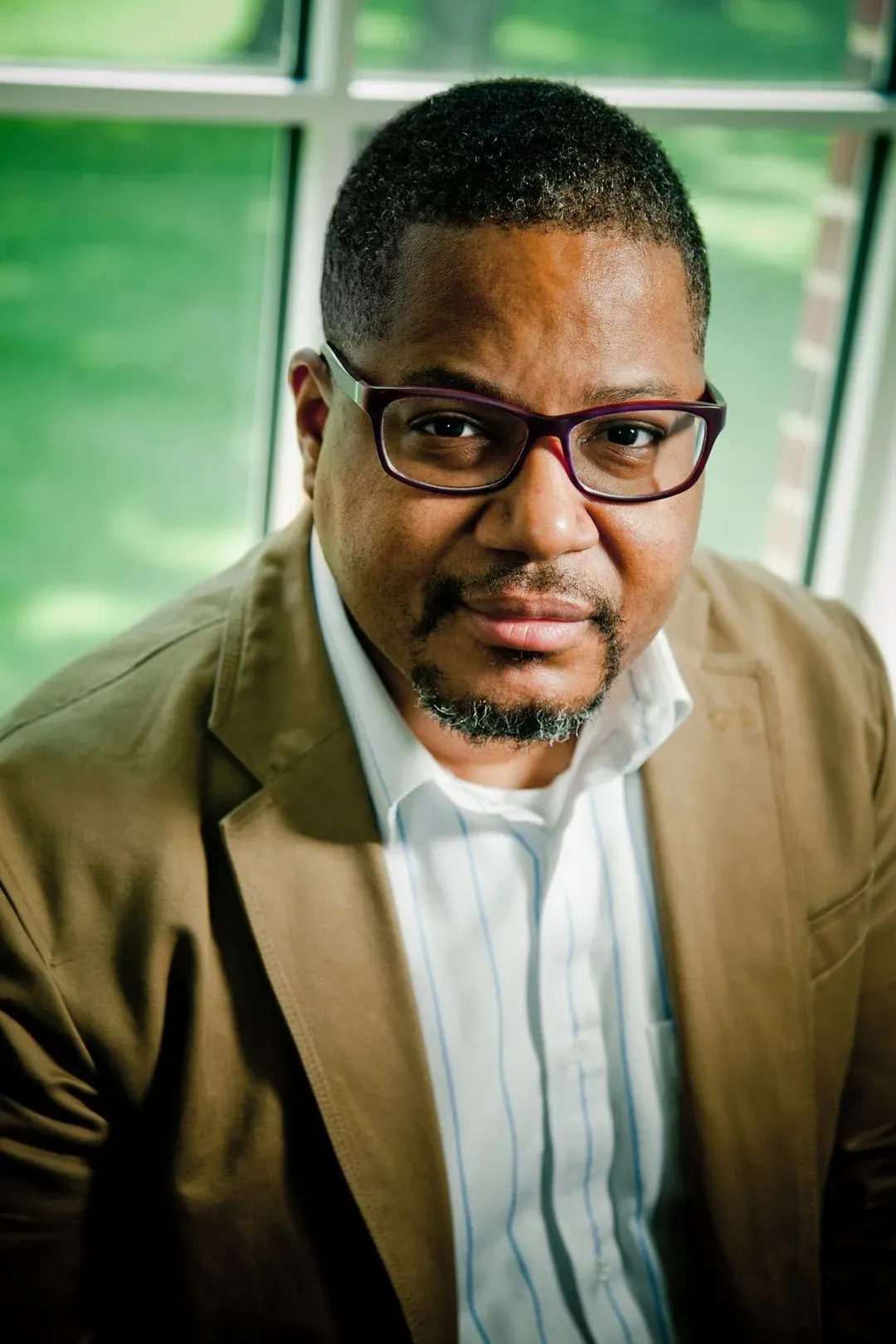
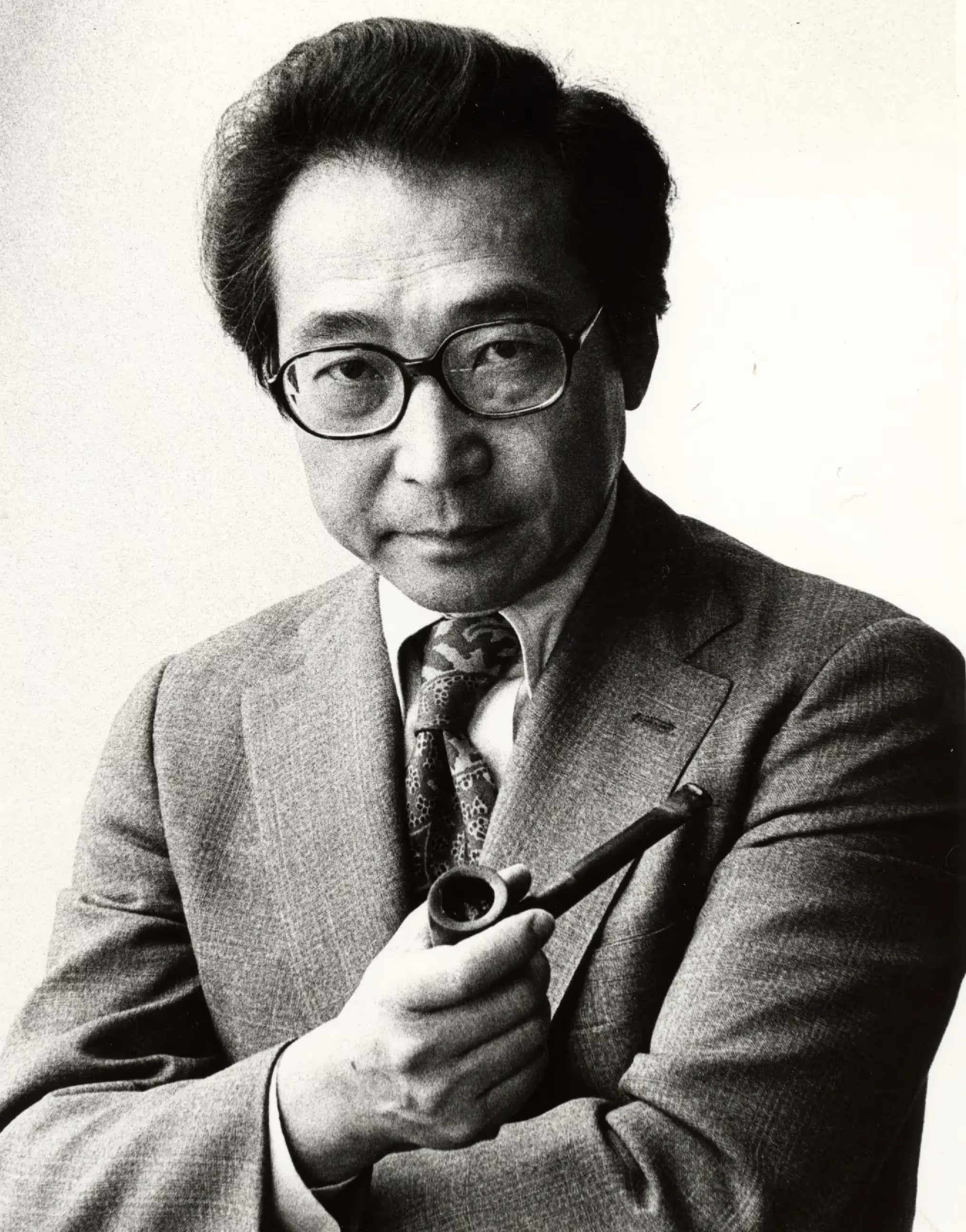


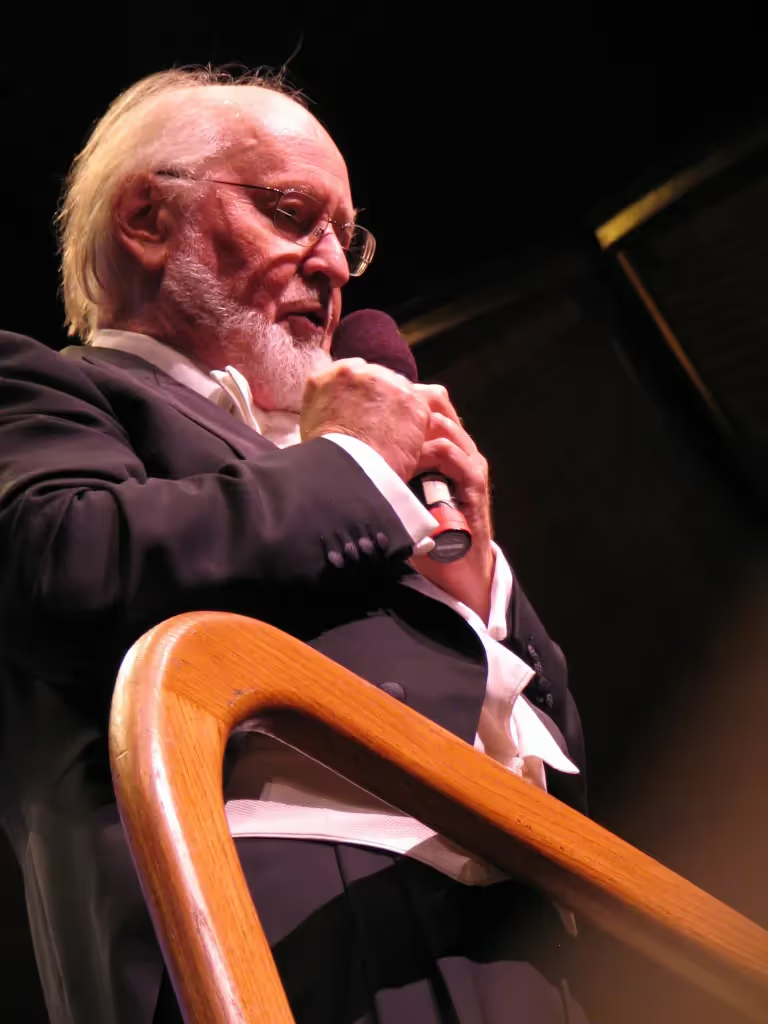
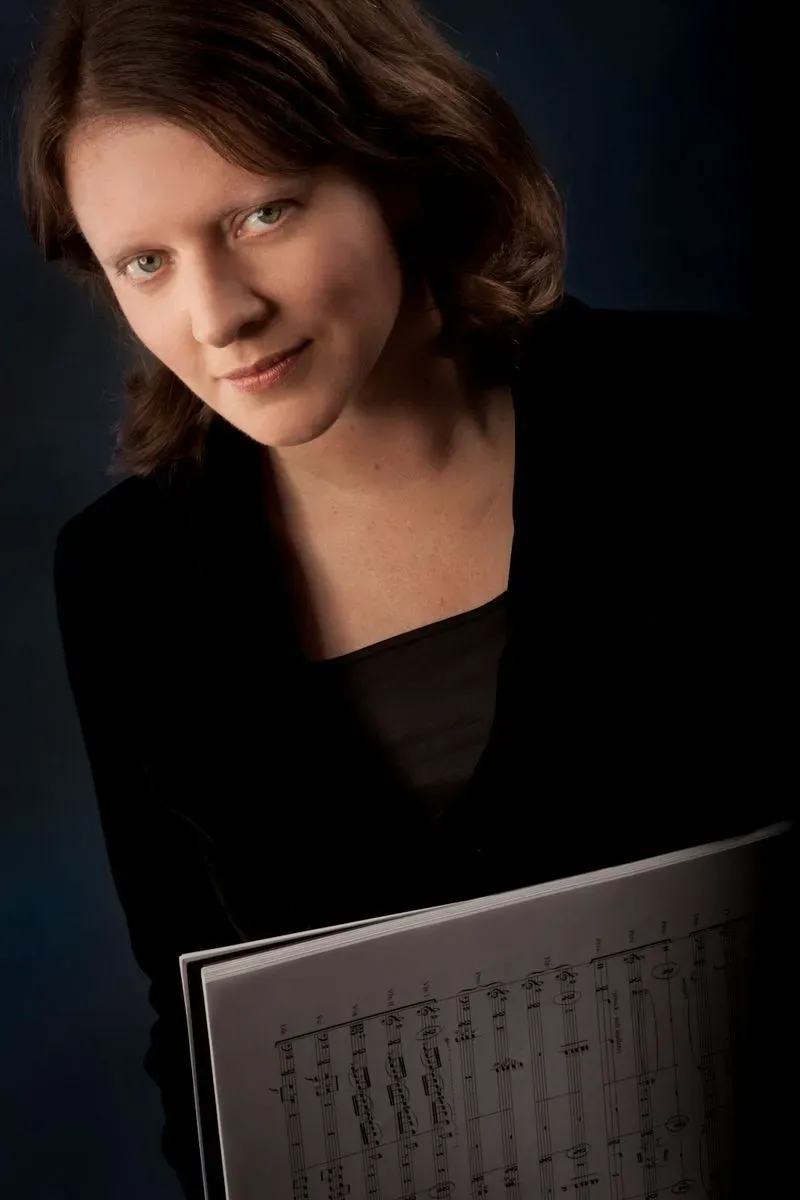
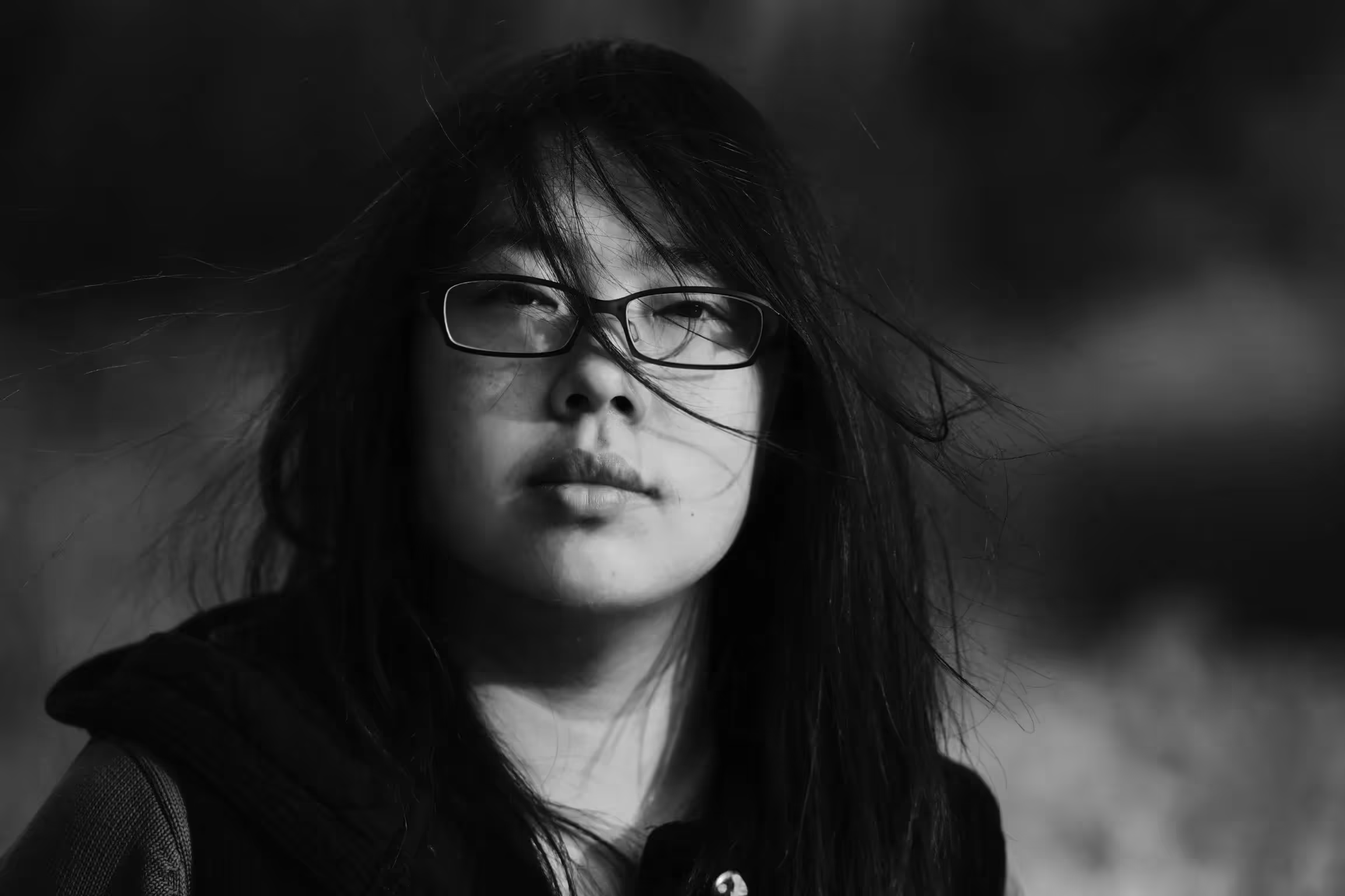
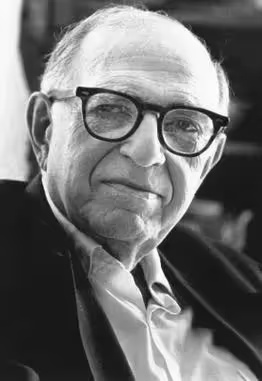


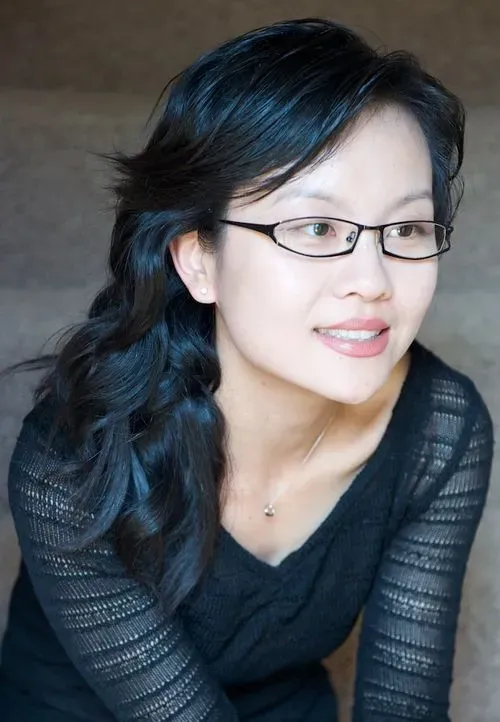





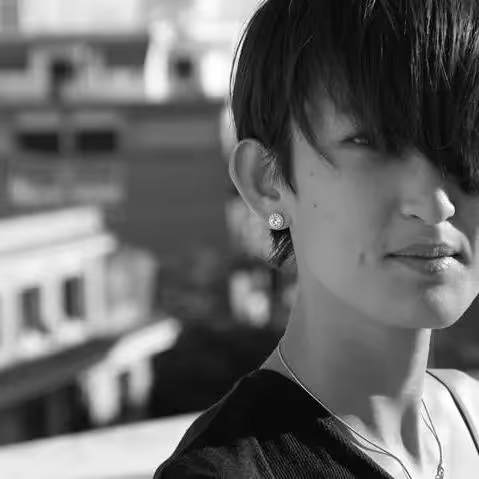


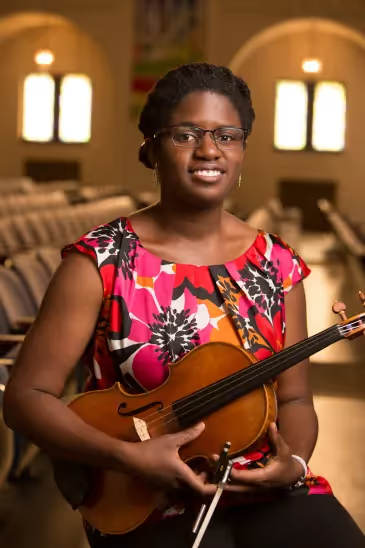
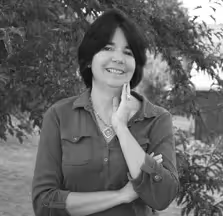
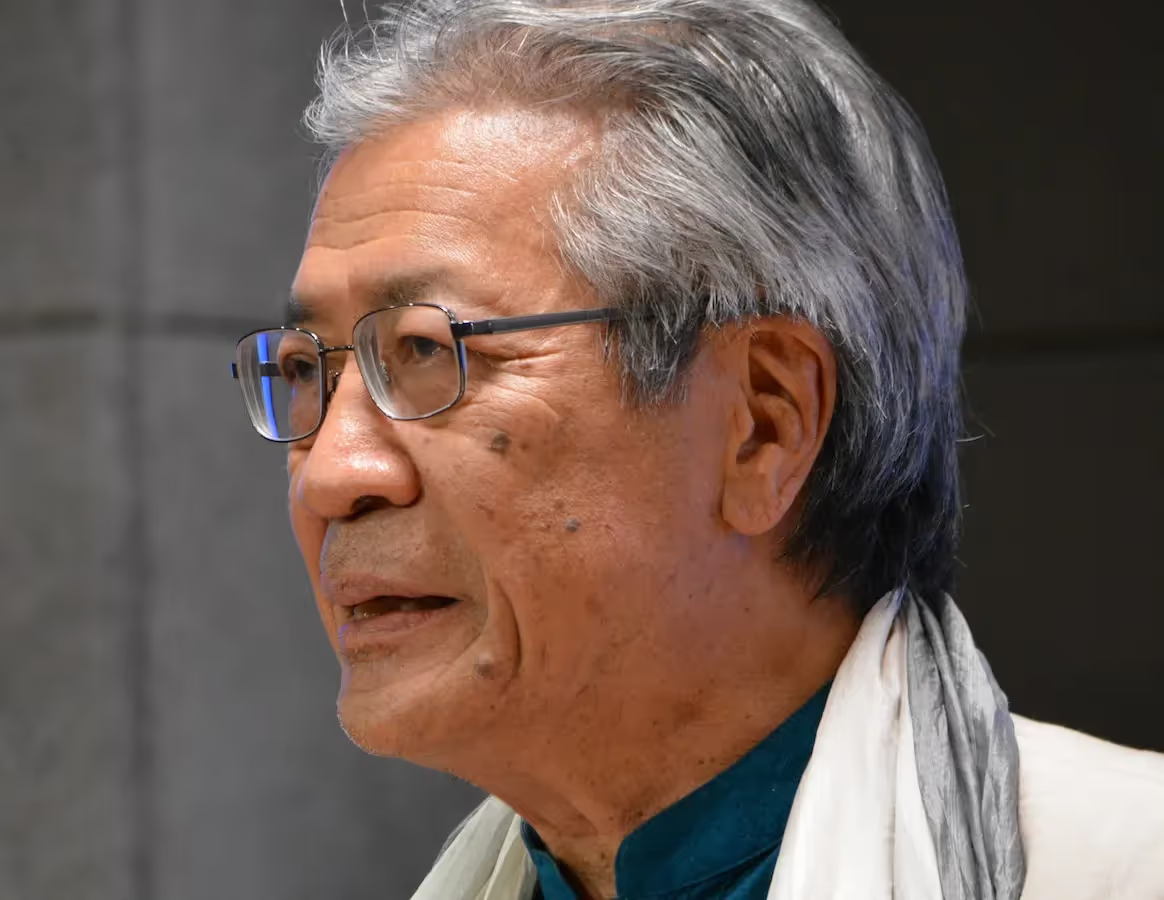
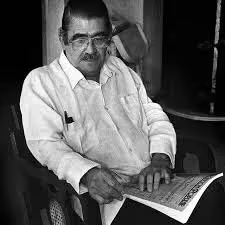


More information about this work please fill out the form below.
Thank you! Your submission has been received!
Oops! Something went wrong while submitting the form.
Gia Đình, meaning “family” in Vietnamese, is an exploration of intergenerational trauma, cultural inheritance, and what is lost between eras. Specifically, I am focusing on the greater Vietnamese diaspora and the Vietnamese boat people, who traveled across the ocean in makeshift boats in search of a future for their families. Many of my own family members were a part of this generation, and only within recent years have they chosen to share their stories with me. Each movement acts as a musical portrait of the various aspects and roots of intergenerational trauma and is titled with a Vietnamese proverb that describes the value of family and the perceived relationship between parent and child in Vietnamese culture.
The opening movement, "Cha nào con nấy," (Like father, like child) observes heritage, tradition, and culture as trauma. Conflicting generational values often create rifts between parent and child, particularly in Western countries. What should we pass down and teach? And at what cost? Borrowing thematic material from the Vietnamese folk song Lý Kéo Chài, I present fragments of the song without ever presenting the melody in its entirety. These musical splinters are introduced clearly, but quickly disintegrate into the orchestral texture.
The second movement,"Không có gì bằng cơm với cá, không có gì bằng má với con," (There is nothing like rice with fish, there is nothing like mother with child) considers colonization and war as a source of trauma. Vietnam was colonized by the French in the mid-1800s, which played a large part in the spread of Catholicism among Vietnamese people. Shortly after Vietnam gained independence from France, the Vietnam War broke out, which ultimately led to the mass exodus from the country. A unique aspect of Vietnamese Catholic practice is the tradition of đọc kinh, in which all prayers and responses are sung or chanted. I directly quote Kinh Thú Nhận (Penitential Act), which is preceded by a fragmented theme that slowly builds into the chant.
The final movement, "Blood is thicker than water," (Một giọt máu đào hơn ao nước lã) examines migration, displacement, and assimilation as forms of trauma. In addition to what is passed on to the next generation, this movement also explores what is lost. Language, culture, and history can all be lost within a single generation as a result of displacement. This is represented musically by two extremely contrasting themes: a slow, lyrical melody inspired by Vietnamese folk melodies and a fractured, unrelenting section that cycles through the entire orchestra. I bounce between the two themes until the music melts into a coda that recalls the first movement.
The opening movement, "Cha nào con nấy," (Like father, like child) observes heritage, tradition, and culture as trauma. Conflicting generational values often create rifts between parent and child, particularly in Western countries. What should we pass down and teach? And at what cost? Borrowing thematic material from the Vietnamese folk song Lý Kéo Chài, I present fragments of the song without ever presenting the melody in its entirety. These musical splinters are introduced clearly, but quickly disintegrate into the orchestral texture.
The second movement,"Không có gì bằng cơm với cá, không có gì bằng má với con," (There is nothing like rice with fish, there is nothing like mother with child) considers colonization and war as a source of trauma. Vietnam was colonized by the French in the mid-1800s, which played a large part in the spread of Catholicism among Vietnamese people. Shortly after Vietnam gained independence from France, the Vietnam War broke out, which ultimately led to the mass exodus from the country. A unique aspect of Vietnamese Catholic practice is the tradition of đọc kinh, in which all prayers and responses are sung or chanted. I directly quote Kinh Thú Nhận (Penitential Act), which is preceded by a fragmented theme that slowly builds into the chant.
The final movement, "Blood is thicker than water," (Một giọt máu đào hơn ao nước lã) examines migration, displacement, and assimilation as forms of trauma. In addition to what is passed on to the next generation, this movement also explores what is lost. Language, culture, and history can all be lost within a single generation as a result of displacement. This is represented musically by two extremely contrasting themes: a slow, lyrical melody inspired by Vietnamese folk melodies and a fractured, unrelenting section that cycles through the entire orchestra. I bounce between the two themes until the music melts into a coda that recalls the first movement.
ACO PERFORMANCES
EarShot Working Rehearsal (2022-2023)
ACO EarShot New Music Readings (2022-2023)
Recording
Journey
Neither man nor money validate my worth
Water Sings Fire - Excerpt
The Winter that United Us
Song of the Flaming Phoenix: Symphonic Poem for Sheng and Orchestra by Fang Man
Words for Departure for choir and orchestra by Hilary Purrington
No Thing Lives to Itself by Robin Holcomb
Red Dirt | Silver Rain (excerpt)
Bolero/Bachata from Tumbao
"Tumbao" Movement 1 "Salsa"
Yvette Janine Jackson Interview with Garrett McQueen
Mark Adamo + Jeffrey Zeigler in conversation with Garrett McQueen
Weathering by George Lewis
Lisa Bielawa: Sanctuary, Violin Concerto. mvt 3
Lisa Bielawa, Sanctuary, Violin Concerto mvt 2
Lisa Bielawa, Sanctuary, Violin Concerto mvt 1
Prophecy in Reverse by Paula Matthusen
Invisible Portals by Dai Wei
Tuxedo: Vasco 'de' Gama (2020) by Hannah Kendall
Restless Oceans by Anna Clyne
Viet Cuong + Victor Caccese of Sandbox Percussion in conversation with Garrett McQueen
Hello, Tomorrow! - Yvette Janine Jackson
Interview with Guillermo Klein
Chrystal E. Williams & Felipe Hostins in Conversation with Loki Karuna
Rei Hotoda in Conversation with Curtis Stewart
Kaki King and D. J. Sparr in Conversation with Curtis Stewart
Kaki King /D J Sparr - The Divided Mind from Modern Yesterdays
Kaki King - Puzzle Me You from Modern Yesterdays
Kaki King - Can’t Touch This or That or You or My Face from Modern Yesterdays
Kaki King - God Child from Modern Yesterdays
Materia Prima by Carlos Bandera
Floodplain by Ellen Reid
Fate Now Conquers by Carlos Simon
Her Land, Expanded by Tonia Ko
Right Now - John Glover/Kelley Rourke
Lowak Shoppala' (Clans) by Jerod Tate
Jazz Symphony by George Antheil
Spirituals for String Orchestra: 10. Homage To Ravel (An Arrangement of “Balm in Gilead”) by Steven R. Gerber
Frailejón by Samuel Torres
Demografía acústica: % / Acoustic Demography: % by Sofía Scheps
Dirty Ice by Madeline Merwin
Kaleidoscope by Eunsung Kim
Statements- a journal entry by Malachi Brown
After the Freeze by Anuj Bhutani
Hommage à Khāleqī by Daniel Sabzgabaei
Mimi's Song by Amy Nam
Gia Đình by Oswald Huỳnh
Rencontres by Brittany J Green
I forgot to say good morning today by Henry Dorn
Feast of Particles by Younje Cho
Fetters by Yuqin Strucky Yi
Increment by Will Stackpole
Restrung by Tommy Dougherty
Ashes and Embers by Yuting Tan
Wraith Weight by Elijah Smith
Bolghar by Adeliia Faizullina
Persephone by Patrick Holcomb
Tomas Peire Serrate: Rauxa
Lowak Shoppala' (Clans) by Jerod Tate
Right Now by John Glover & Kelley Rourke
Fate Now Conquers by Carlos Simon
Carlos Simon in Conversation with Garrett McQueen



